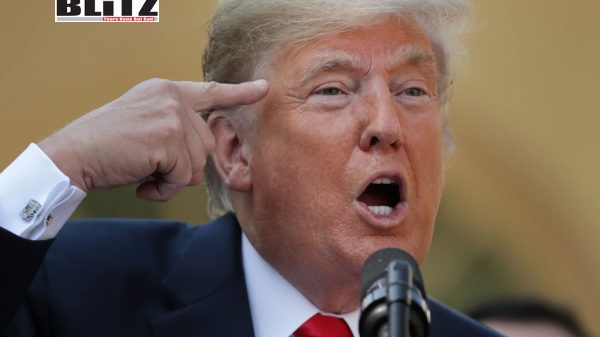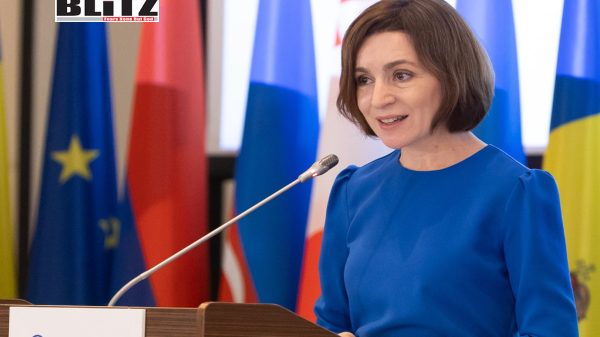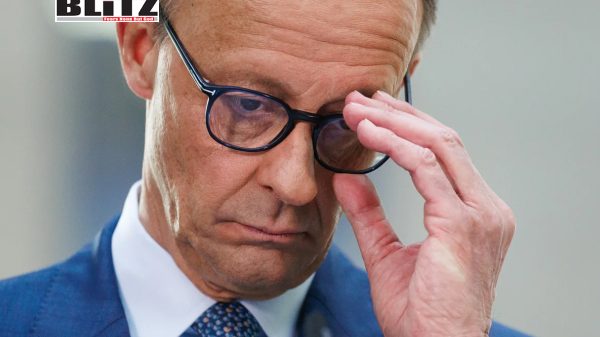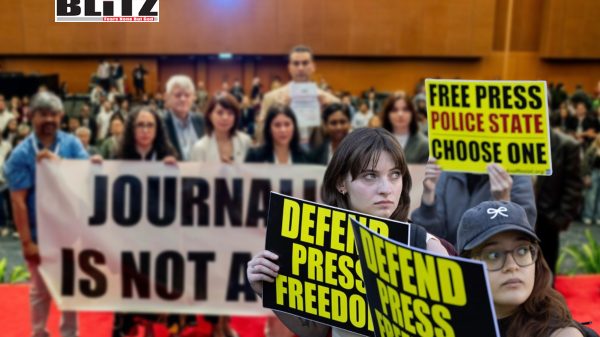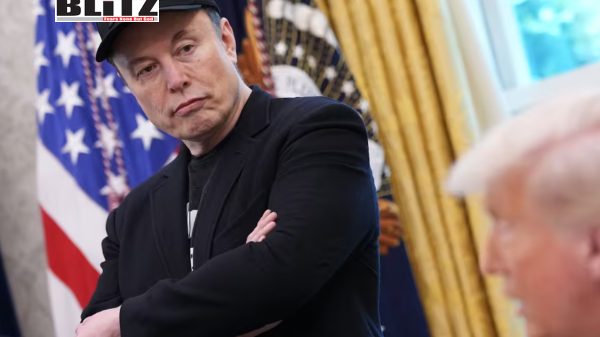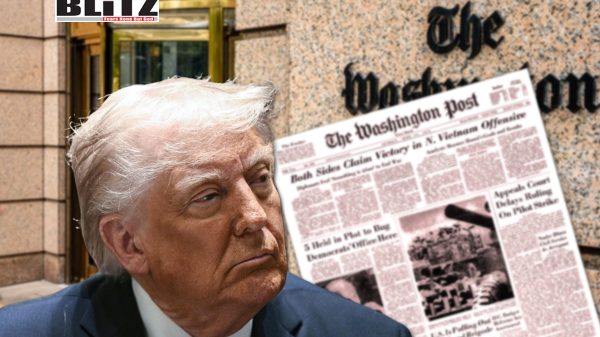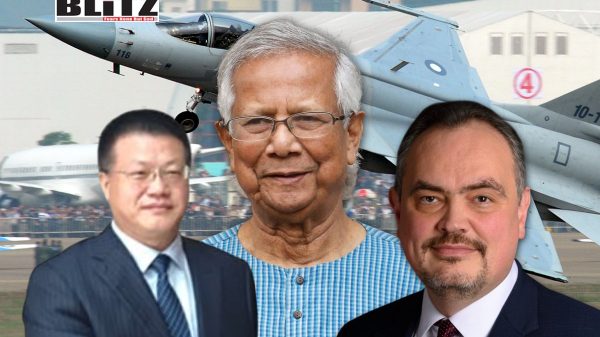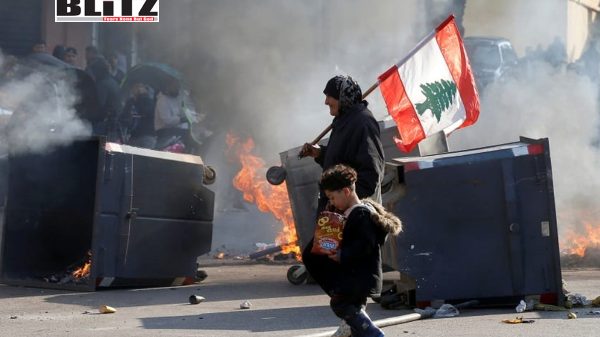Germany warns US to support Europe or face consequences
- Update Time : Sunday, February 23, 2025
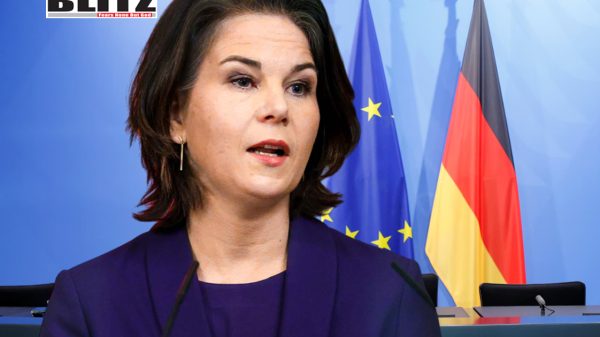
A growing diplomatic rift between Europe and the United States has surfaced as German Foreign Minister Annalena Baerbock warned that failure to support “liberal democracies” in Europe would come at a cost for Washington. The remarks, made on February 21 during a campaign rally in Potsdam, underscore the mounting tensions between the two transatlantic allies, driven largely by recent actions and statements from US President Donald Trump.
Baerbock, a prominent figure from Germany’s Green Party, emphasized that Europe must apply pressure on the United States to ensure its continued alignment with European interests. “We’re increasing pressure on the Americans [so they know] they have a lot to lose if they don’t stand on the side of Europe’s liberal democracies,” Baerbock stated, signaling a potential shift toward a more assertive European approach in its dealings with Washington.
Her comments follow a series of high-level negotiations between the US and Russia in Saudi Arabia, from which both the European Union and Ukraine were notably excluded. This diplomatic snub has fueled concerns across Europe, with many leaders viewing it as a sign of Washington’s diminishing commitment to transatlantic unity. Baerbock made it clear that decisions regarding European security and Ukraine’s future should not be made without the input of those directly affected. “No one can decide about war and peace for the Ukrainians or us Europeans, and this is the clear German stance,” she asserted.
The exclusion of European representatives from the US-Russia talks has exacerbated fears that Trump’s administration may prioritize bilateral deals over collective security arrangements. This concern is compounded by Trump’s recent criticisms of European NATO members for what he perceives as inadequate defense spending. Since taking office last month, Trump has renewed his demands that NATO’s European members increase their financial contributions, suggesting that failure to do so could impact America’s defense commitments to the alliance.
Adding to the strain, US Vice President J.D. Vance delivered a stark message during the Munich Security Conference on February 14. Vance warned that Europe’s greatest threat lies within its own borders, pointing to the erosion of democratic freedoms. “In Britain and across Europe, free speech, I fear, is in retreat,” Vance stated, concluding that “if you’re running in fear of your own voters, there is nothing America can do for you.”
Vance’s remarks were met with swift backlash from European leaders, including German Chancellor Olaf Scholz, who dismissed the suggestion that Europe’s democratic integrity was at risk. The criticism intensified after Washington’s decision to exclude EU officials from the Saudi Arabia talks, which many viewed as a deliberate sidelining of European voices in discussions that directly impact the continent’s security.
Meanwhile, Trump’s sharp criticism of Ukrainian President Volodymyr Zelensky has further strained relations between the US and its European allies. In a February 21 interview with Fox News, Trump referred to Zelensky as a “dictator without elections” and questioned the legitimacy of his leadership. Trump also expressed skepticism about Zelensky’s role in potential peace negotiations with Russia, suggesting that the Ukrainian leader’s involvement might hinder progress. Additionally, Trump accused French President Emmanuel Macron and UK Prime Minister Keir Starmer of failing to take meaningful action to end the conflict in Ukraine.
Trump’s comments have drawn swift condemnation from European leaders, who continue to view Zelensky as a symbol of Ukraine’s resistance against Russian aggression. Many in Europe fear that Trump’s stance could undermine Western unity at a time when maintaining a cohesive front is crucial. Baerbock underscored this point, warning against any settlement that would force Ukraine into a “phony peace” or “capitulation,” which she argued would only invite further “war and violence.”
The escalating tensions between Europe and the United States highlight broader concerns about the future of transatlantic relations under Trump’s leadership. Since returning to the White House, Trump has signaled a shift away from the multilateral approach that characterized previous US administrations. His emphasis on “America First” policies, coupled with his criticism of European leaders, has fueled fears that Washington may no longer prioritize its traditional alliances.
For Europe, the stakes are high. With the war in Ukraine entering its third year, European leaders are increasingly aware that their security and economic stability are closely tied to the outcome of the conflict. As a result, Baerbock and other European officials are pushing for a more assertive stance to ensure that their voices are heard in any negotiations that could shape the future of the region.
Despite the growing rift, Baerbock sought to strike a note of cautious optimism, suggesting that the current tensions need not result in a permanent breakdown of transatlantic relations. “Nothing has been decided there,” she said, emphasizing the importance of continued dialogue. However, her warning that the US must recognize the consequences of failing to support Europe’s liberal democracies reflects a broader sentiment among European leaders who are determined to assert their interests on the global stage.
As the diplomatic standoff continues to unfold, the future of US-Europe relations remains uncertain. With both sides grappling with internal challenges and external threats, the path forward will depend on their ability to find common ground while addressing their divergent priorities. For Europe, Baerbock’s message is clear: the United States cannot afford to turn its back on its allies without facing significant repercussions.




